
Rosacea is a very common skin condition that shows up as red blotchy patches on the skin, normally on the face. It can be intense, from blotchy red patches of skin covering most of the face and neck; to subtle, showing up as pimple-like red dots that feel hot and itchy.
What is Rosacea?
There are four types of Rosacea:
- Erythematotelangiectatic rosacea often causes persistent redness on the face as small blood vessels become enlarged and visible.
- Papulopustular rosacea can cause small pustules and red, swollen bumps, usually around the cheeks, chin, and forehead which are often misidentified as acne. A red flushed face is another symptom.
- Phymatous rosacea causes skin to thicken and scar into a bumpy, swollen layer, normally found in men, on the nose.
- Ocular rosacea makes eyes watery or bloodshot and often eyes feel irritated.
Rosacea is more common in women, but in men the symptoms are often more severe. Rosacea occurs most often between the ages of 30-60 and is often called adult rosacea. Untreated, rosacea can also become progressively worse and lead to permanent damage to the skin.
Triggers of Rosacea
Rosacea may be prompted by a variety of different triggers and it is important to note when you see the symptoms flare up to learn what your triggers are.
Environmental triggers include sunlight, wind, heat, exercise, hot baths or saunas, hair spray, make up, various skin creams or sunblocks.
Triggers may be systemic like caffeine, alcohol, certain foods, some medicines (normally vasodilators and steroids), stress, and of course hormone fluctuations which are often affected by lack of sleep.
With all this in mind, there are lots of things you can do to prevent or minimise flare ups.
How we can support your skin's health
If you can keep your skin safe and using gentle products you can help protect your skin from external aggravation.
-
Moisture is key - use a skin soothing, nourishing face oil like Kakadu Replenishing Facial Oil which contains Kawakawa, Jojoba, Acai, Rosehip and Nigella Sativa/Black Cumin which all provide anti-inflammatory properties to soothe and calm sensitive skin, and Red Raspberry Oil which is known to help rosacea in particular.
You may even want to try the added protection of applying Kawakawa Repair Balm as a moisture barrier if patches of your skin are very dry and flaky.
-
Protect your skin from the sun with a wide brimmed hat, and a natural sunblock like Frankie's Natural Sunscreen - The American Academy of Dermatology Association says "use a gentle, broad-spectrum sunscreen with an SPF of 30 or higher every day. A fragrance-free sunscreen that contains zinc oxide, titanium dioxide, or both is least likely to irritate your sensitive skin."
-
Don't use soap, astringents or toners on your face, and only use the most gentle face washes.
-
Avoid using hair spray and artificial fragrances around your face and neck.
-
Avoid skin care, hair care and toothpastes that contain menthol, camphor, or sodium lauryl sulfate which are common rosacea triggers.
-
Be gentle with your skin. Try not to use cloths, sponges or exfoliators, and don't rub or scrub your face.
-
If you have eczema, or if your rosacea makes your skin dry and flaky and is misdiagnosed as eczema, doctors may prescribe steroids - but these can actually aggravate rosacea symptoms.
"After having rosacea for a year the Kakadu C Replenishing Facial Oil cleared it after one week!! So happy, and I can honestly say my skin has a glow it was definitely missing before. Love the light natural fragrance." - Huia, Frankie Team
More you can do to prevent rosacea flare ups
In addition to these practical skin care steps, experts agree that reducing emotional stress and anxiety is important in rosacea treatment.
You can also reduce your exposure to heat by choosing less heating exercise, and taking slightly cooler showers.
Watch out for sun exposure - UV rays can trigger rosacea which is why shade and sunscreen are key to prevention. On the other side of the coin, cold winds can also set off a flare up so keeping skin protected in winter is also important.
Look at how much coffee, alcohol and spicy food you eat, and select foods that don't aggravate your rosacea. If can help to keep a diary until you pin point which foods or drinks are causing issues.
We hope this information is useful - Please let us know how you get on!



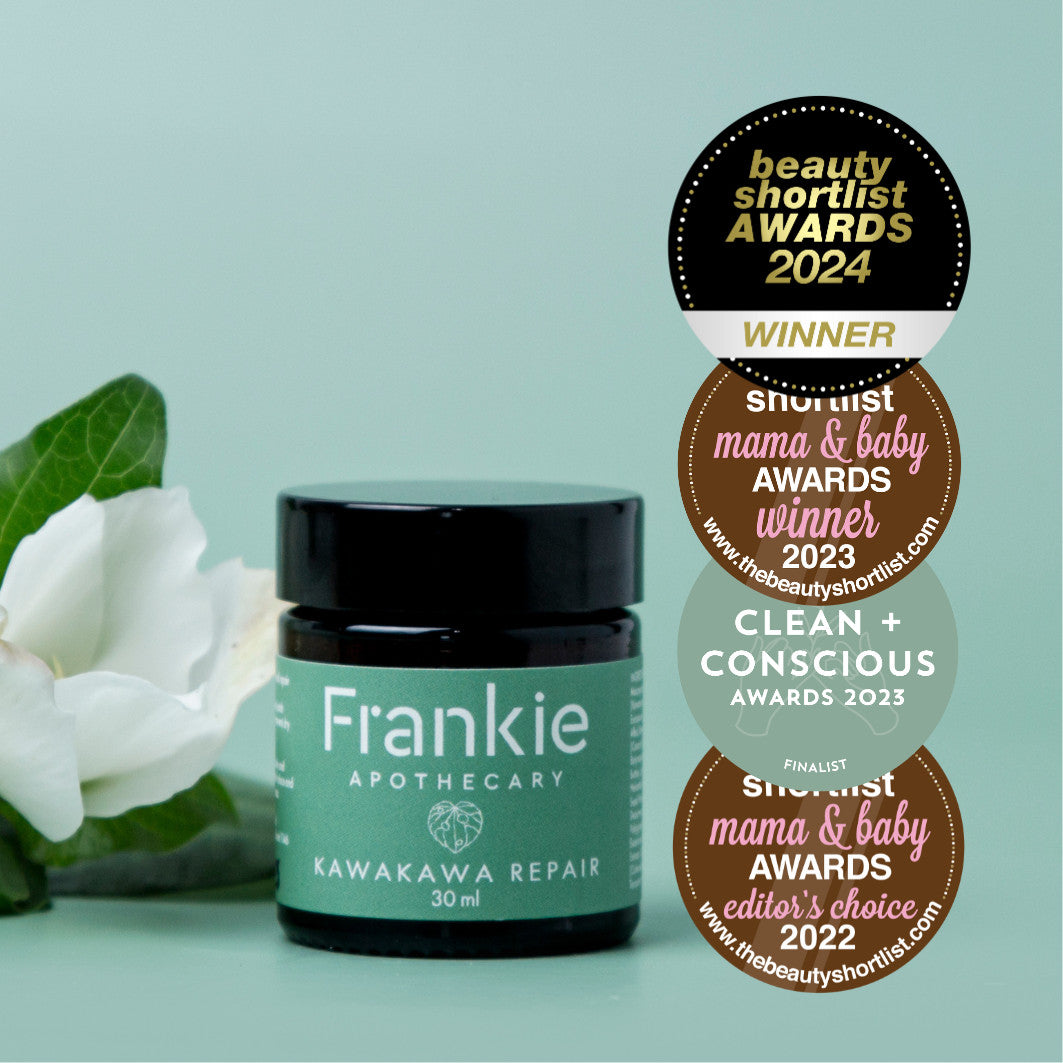
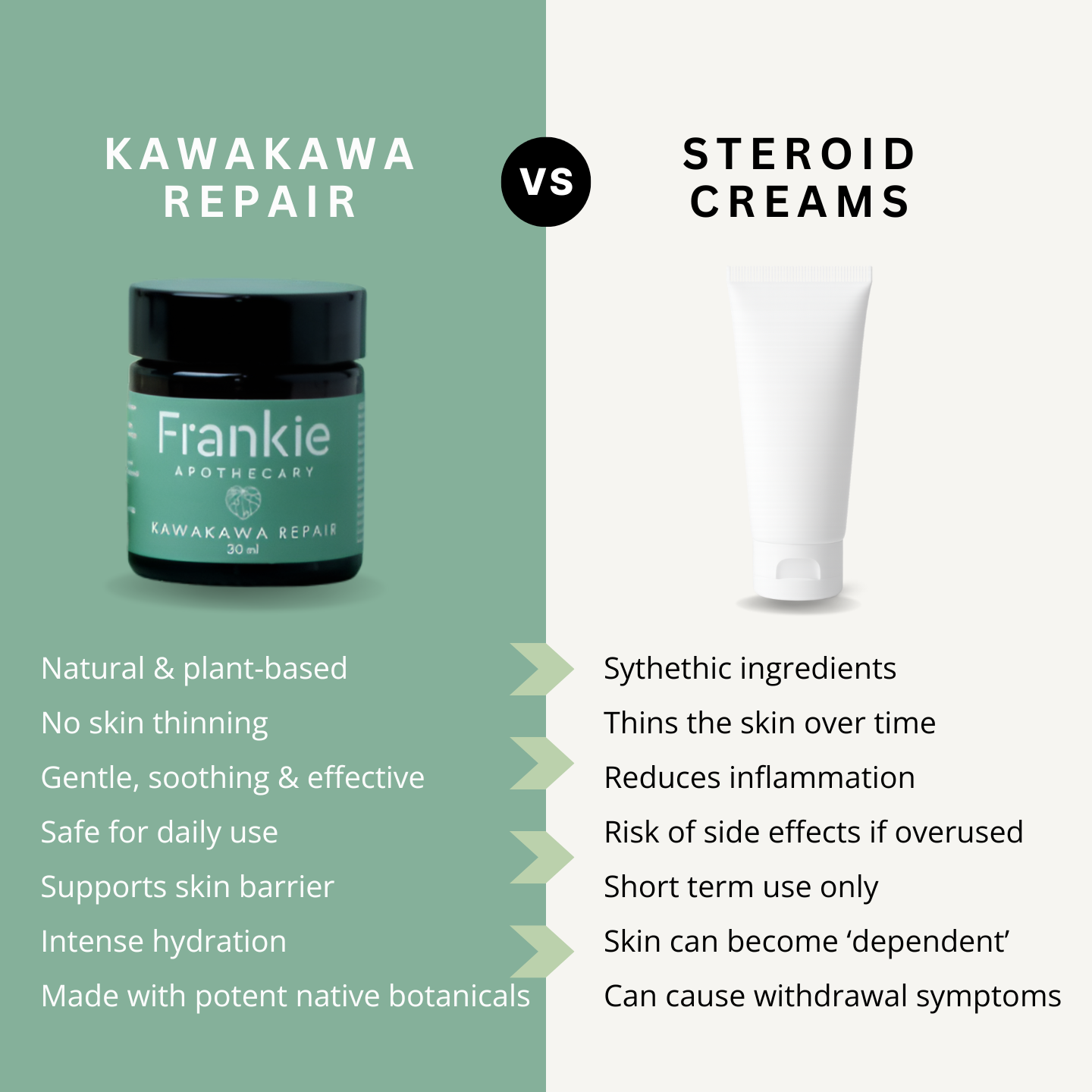
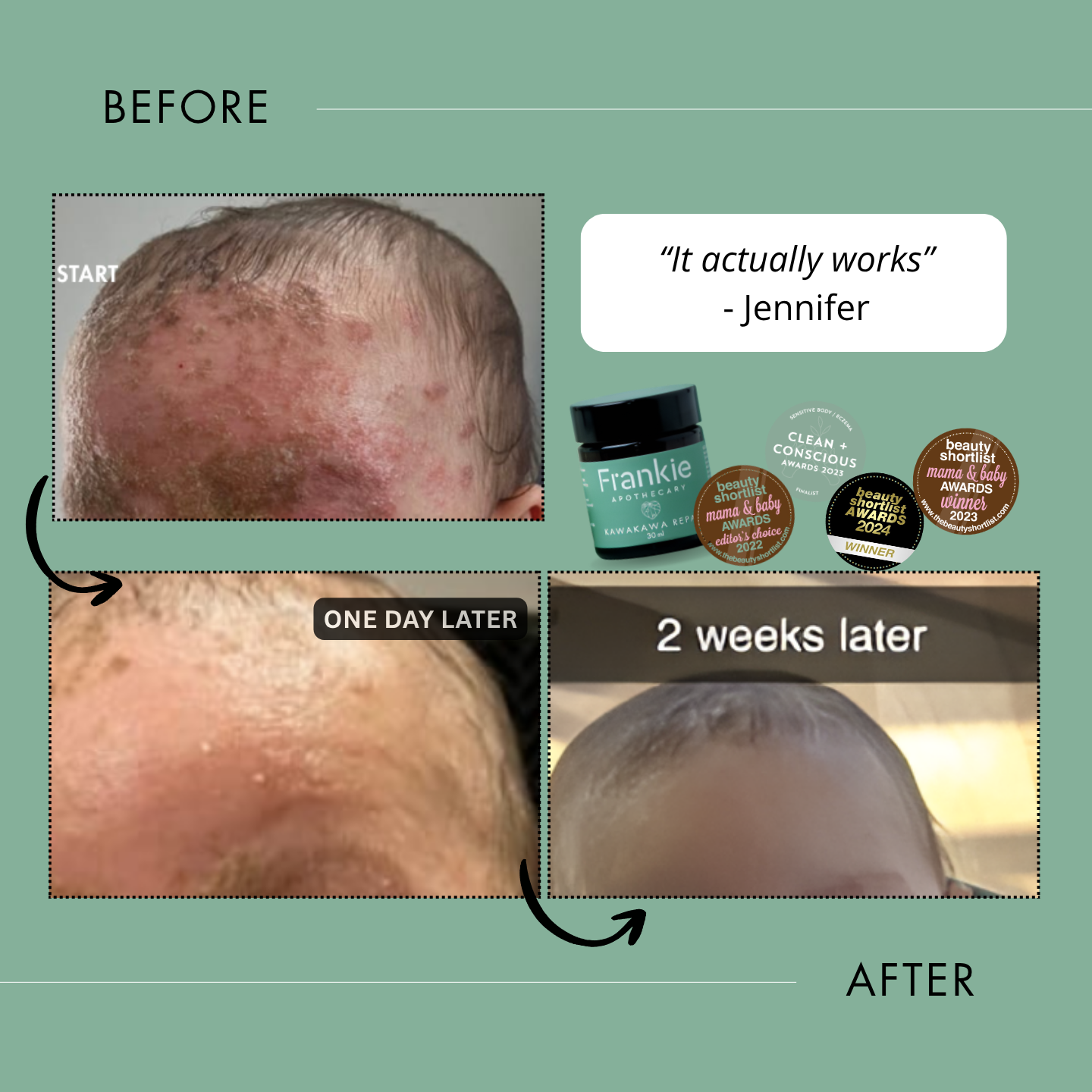
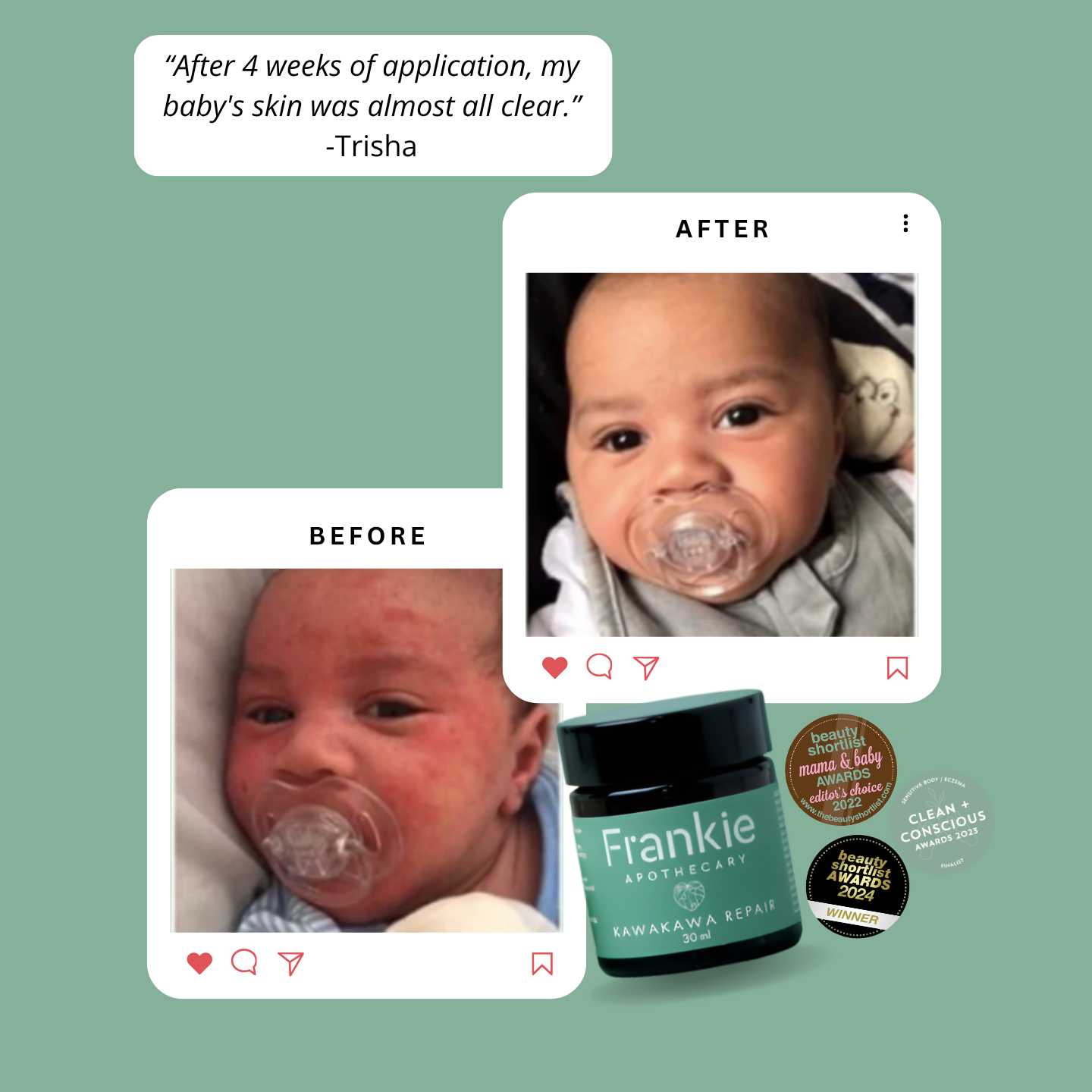
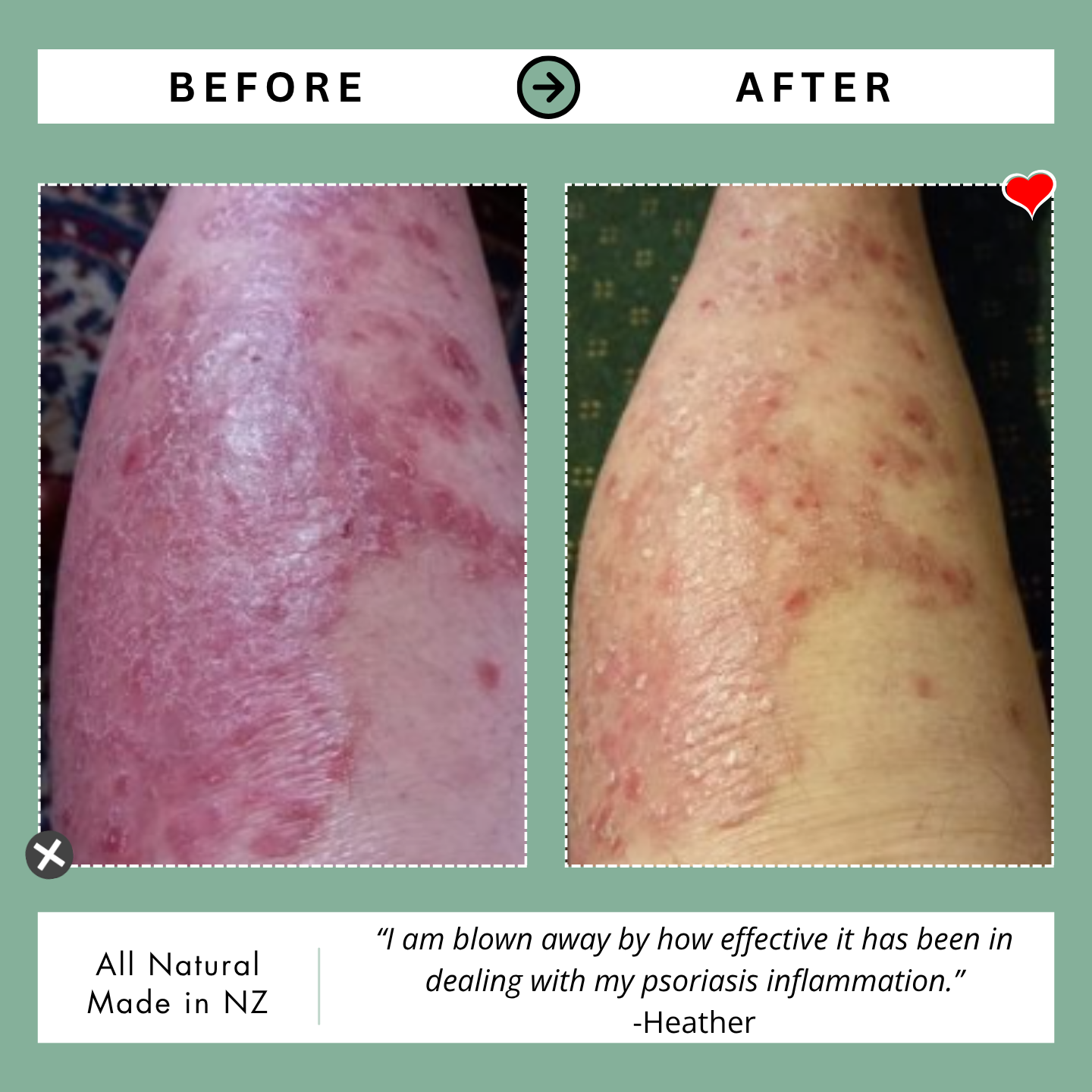
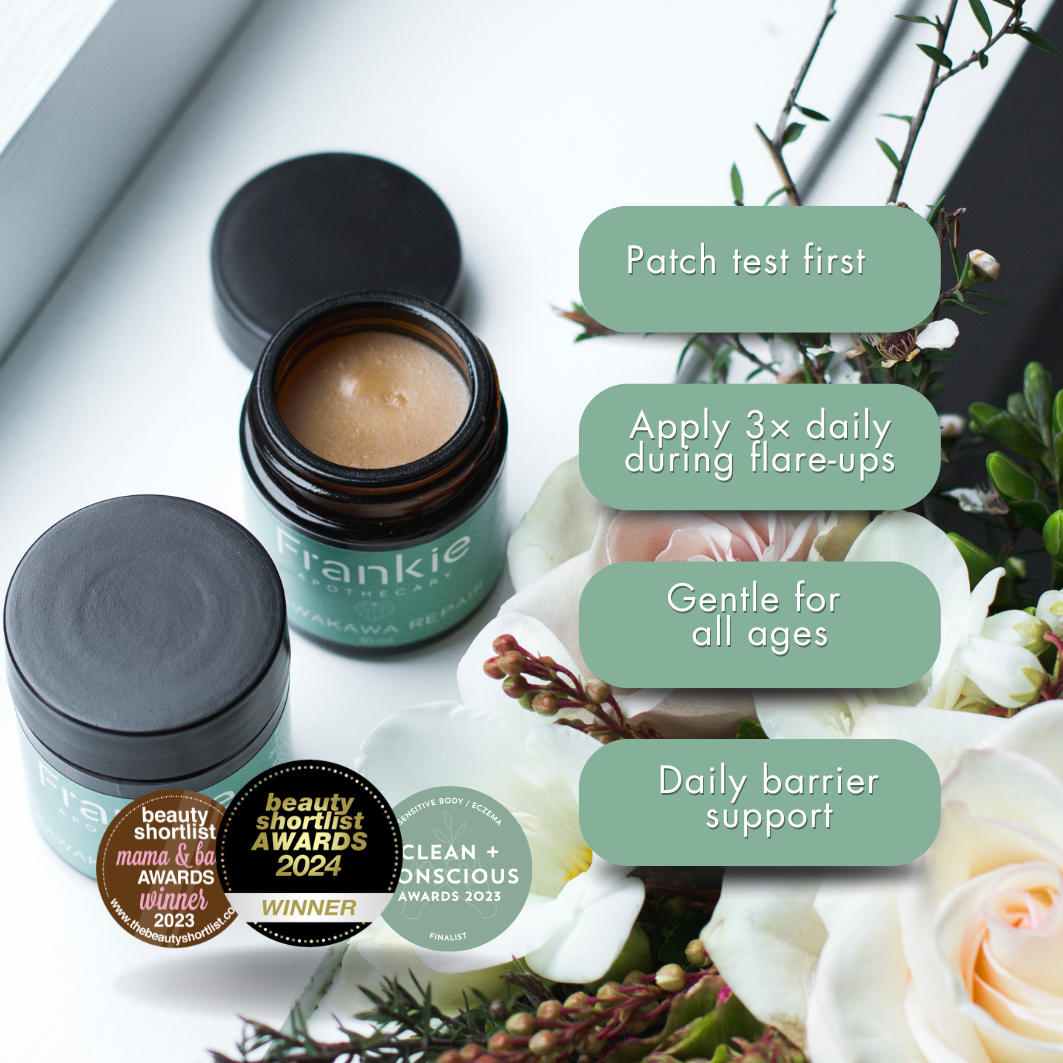
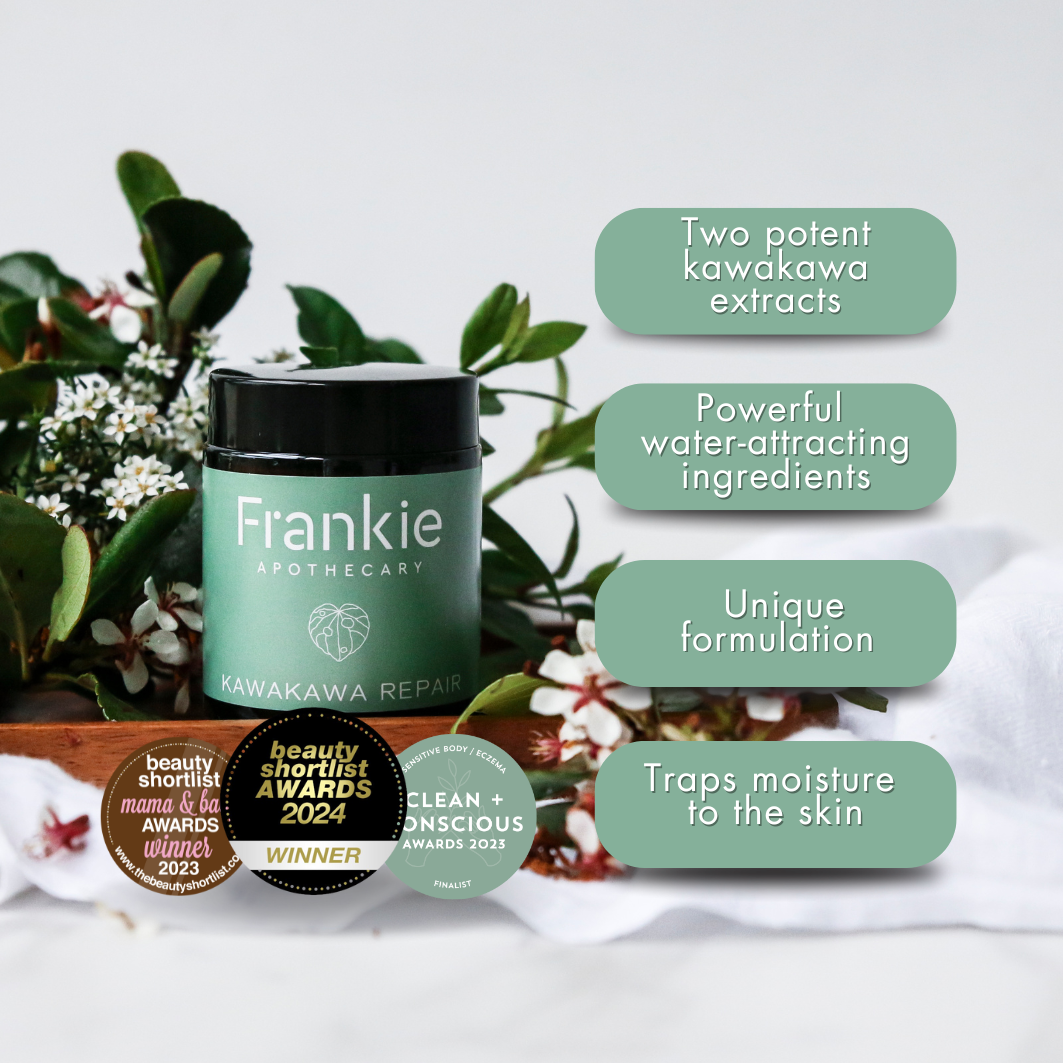
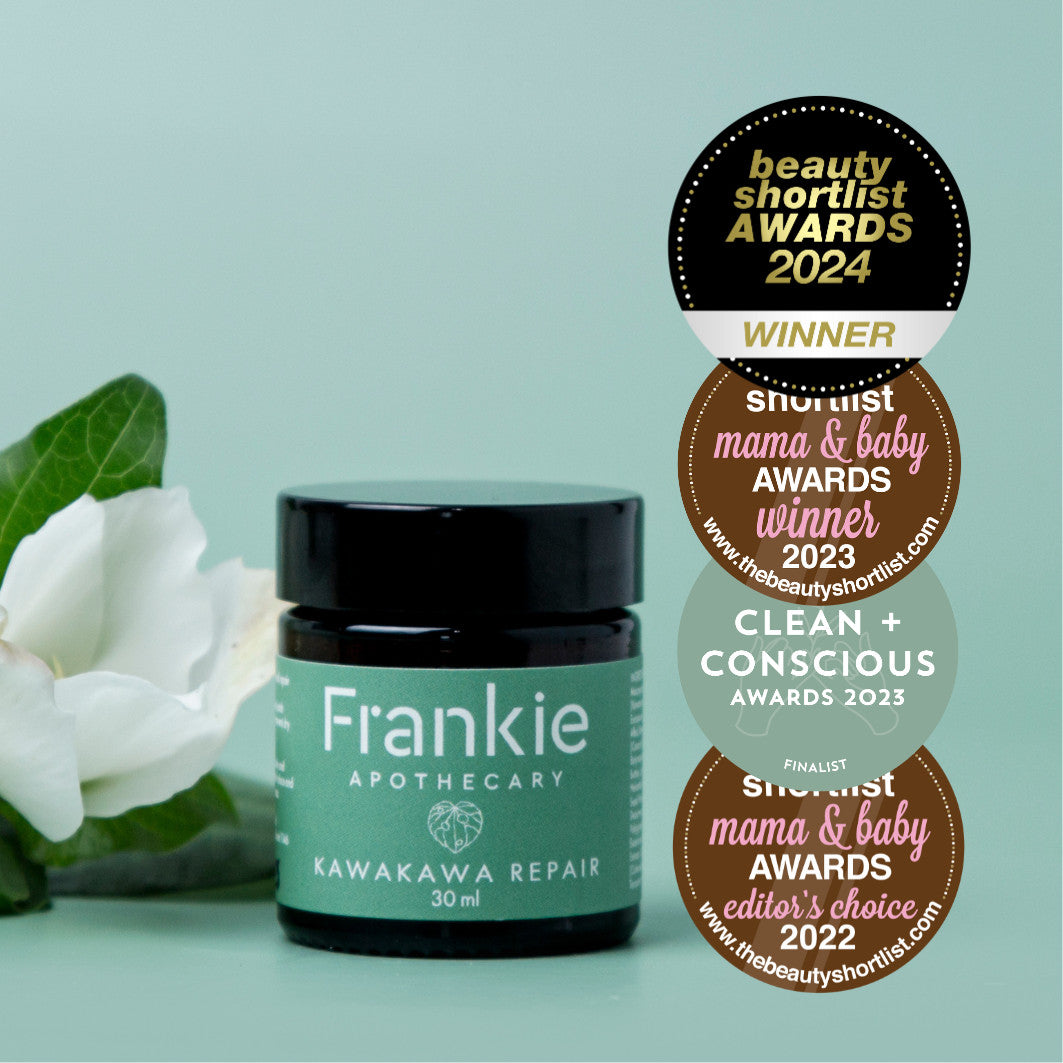
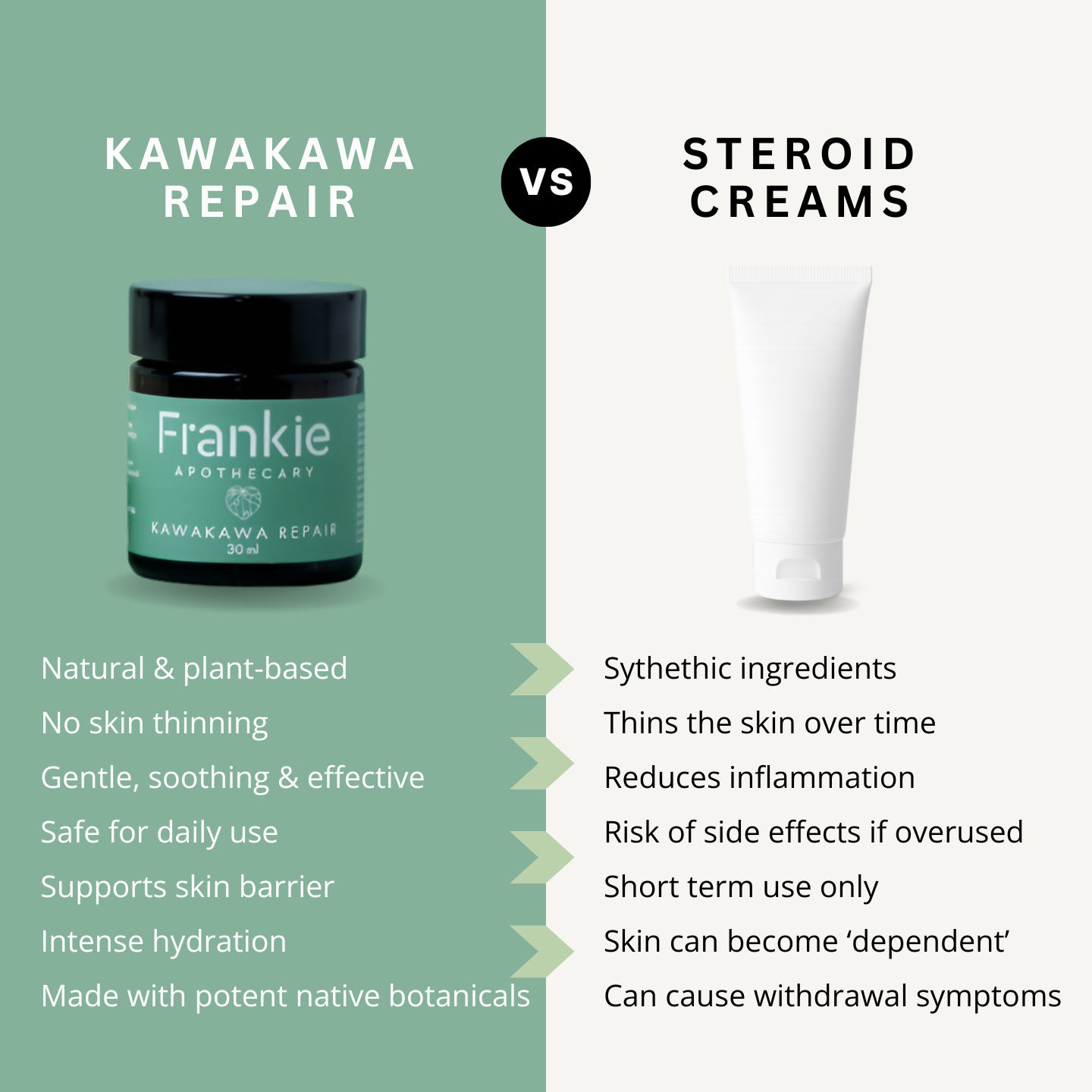

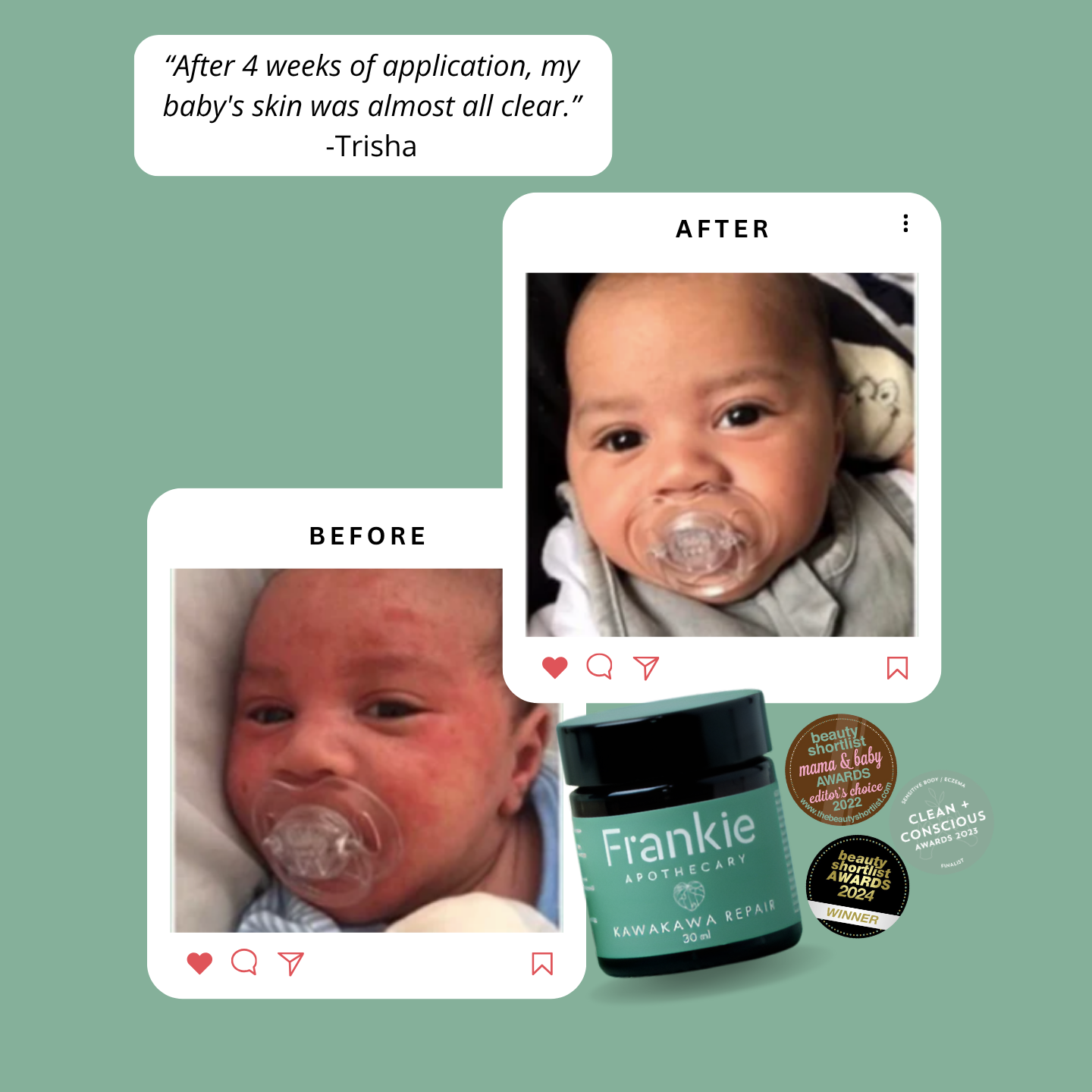
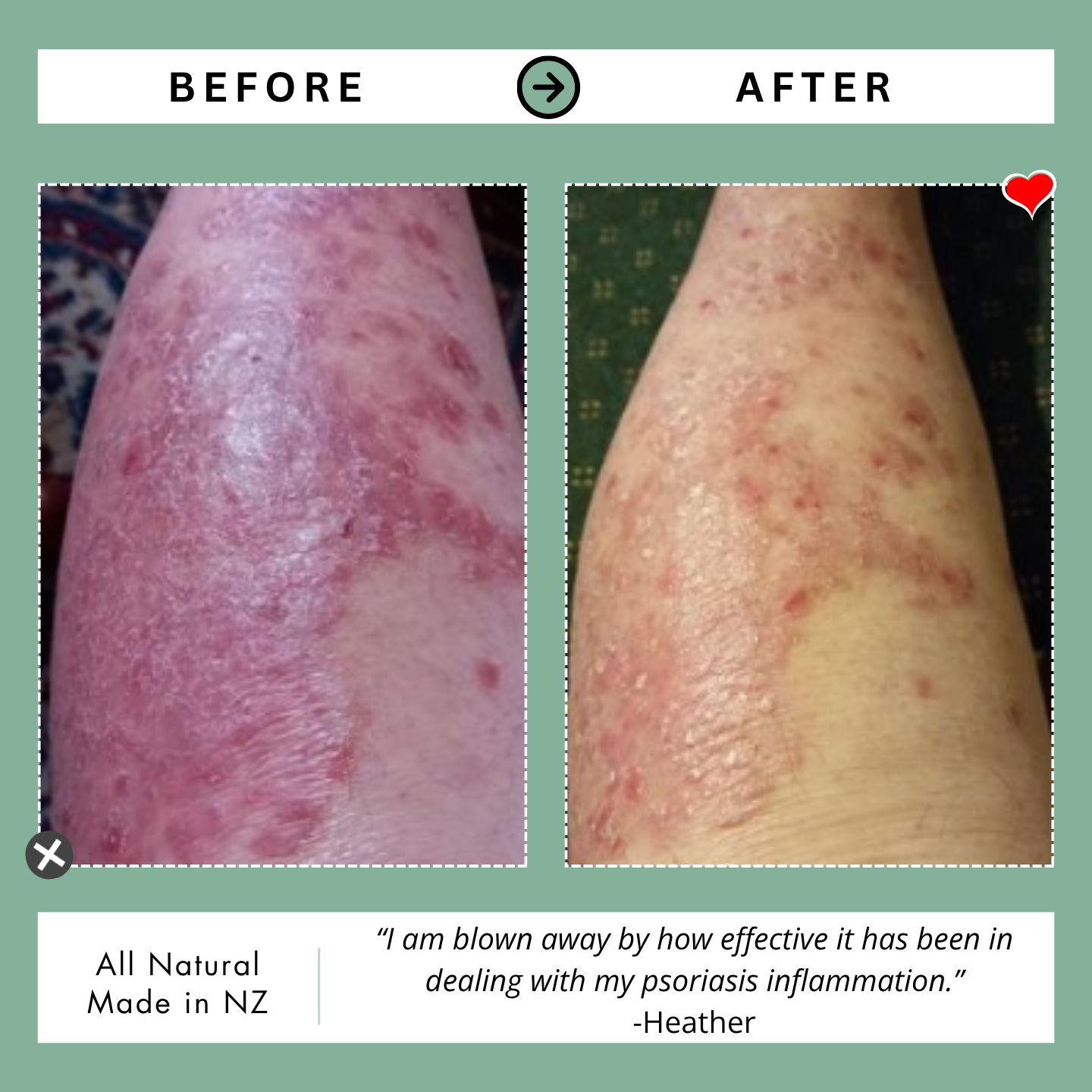
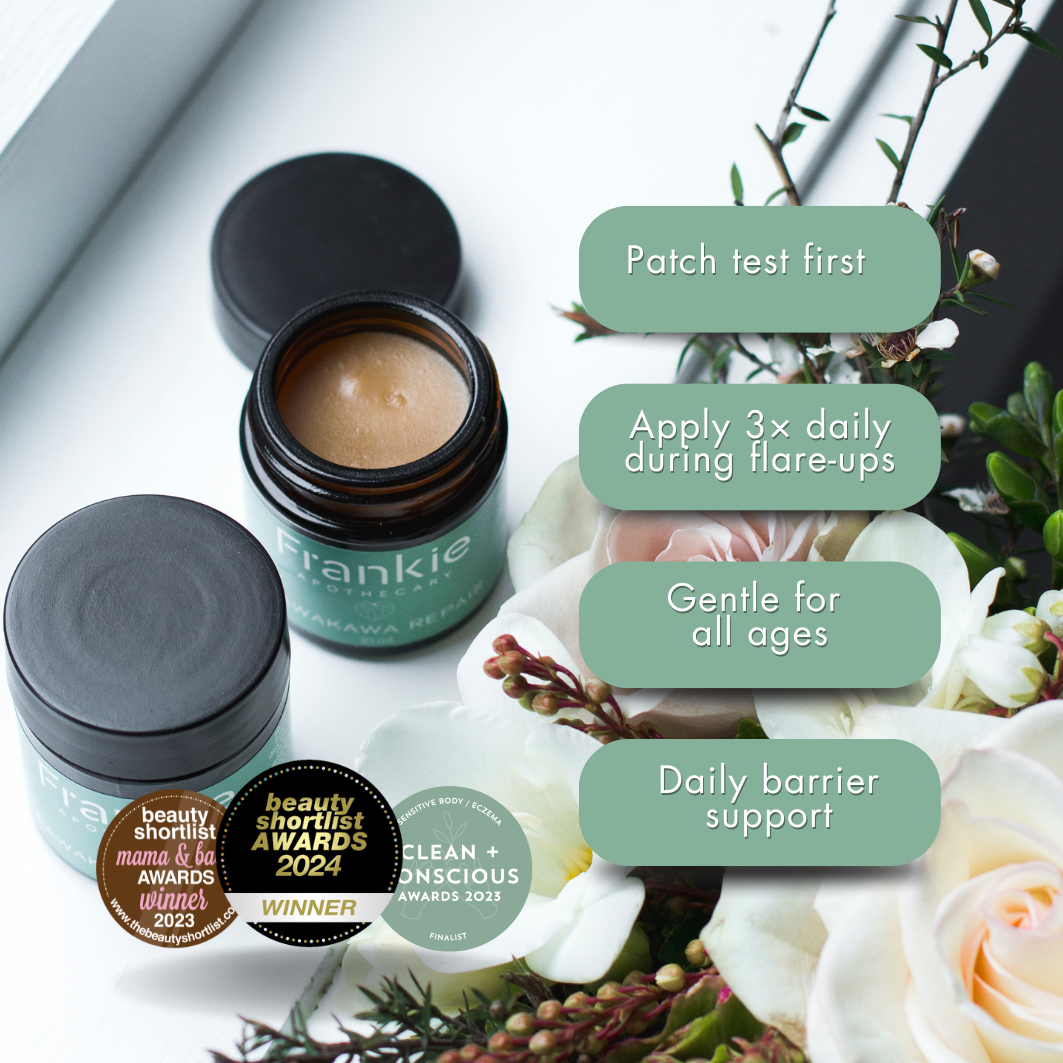
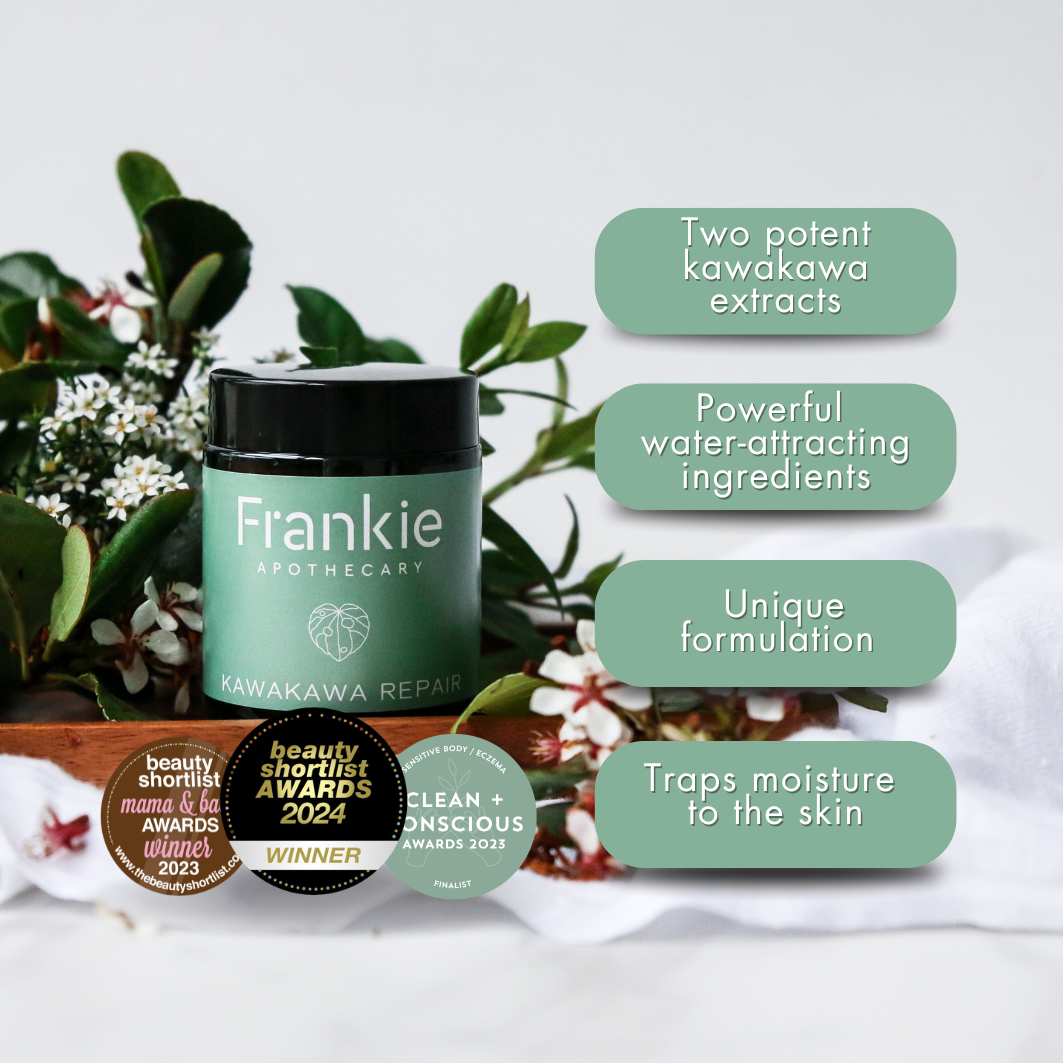



2 comments
Hi Margo, that is so fantastic to hear. A friend has Rosacea and she also found that it helped to clear hers too!! It can be such a tricky condition to treat so that’s fantastic to hear your feedback. Thanks for letting us know! Georgina x
I saw you on the lifestyle and design market 15 August ,I have Rosacea for years and i am very careful what i use on my face .
I never heard from your products before but you where kind to give me some drops of facial oil to try ,
while i walked the market my face was feeling great and it absorbed the oil and not greasy at all as some products do , so i went back to your stand and bought me the facial oil which i am using now for a week and surprisingly the redness of the rosacea is clearing up and that in a short time it blow me away , very happy and thank you for your natural products what really works, Regards Margo